Keywords: Wage Inequality
-

AUSTRALIA
As I drop my daughter at daycare at 6:30am, to be looked after by someone else who I then have to pay, to go to work to earn enough money to pay our rent and daycare, I am struck by how much our system is failing families. It was a failure of my own empathy that I only came to understand this after I experienced it personally.
READ MORE 
-
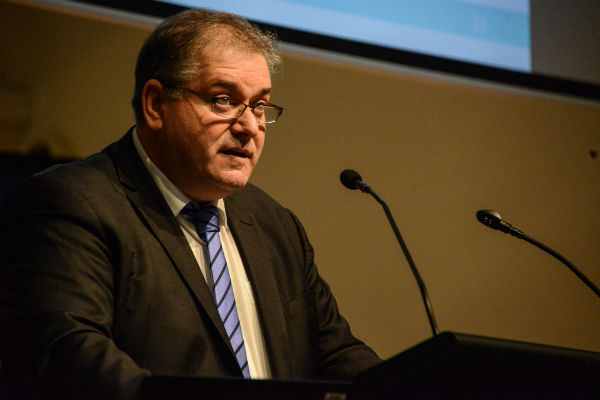
ECONOMICS
- Joe Zabar
- 27 February 2018
'Francis' statement is not one merely for theological or academic contemplation. It is in effect Francis' call to establish a new benchmark for our economy, one where exclusion and inequality are no longer a natural and accepted consequence of its operation.' Director of Economic Policy for Catholic Social Services Australia addresses the CSSA annual conference in Melbourne, February 2018.
READ MORE
-
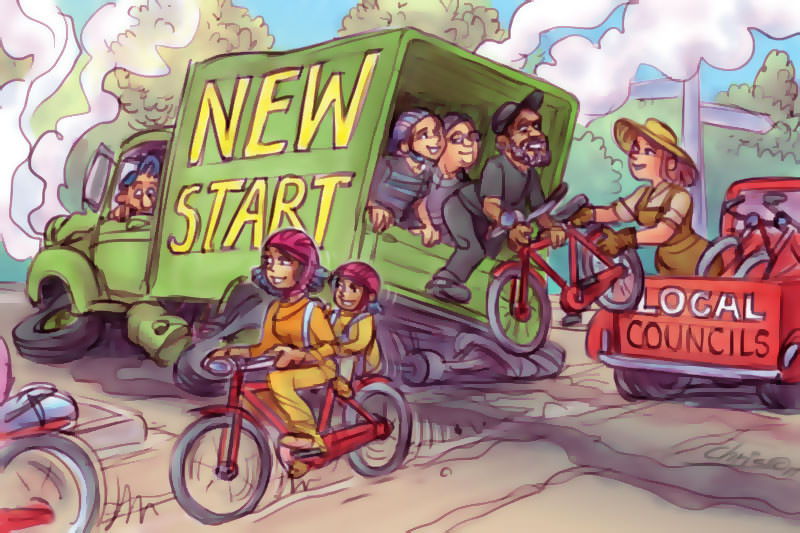
AUSTRALIA
- El Gibbs
- 30 November 2017
3 Comments
A group of people living on income support has been working with local councils across Adelaide to ask them to advocate on their behalf. As Newstart payments remain pitifully low, councils are caught up in these issues because they run community services that support the unemployed.
READ MORE 
-
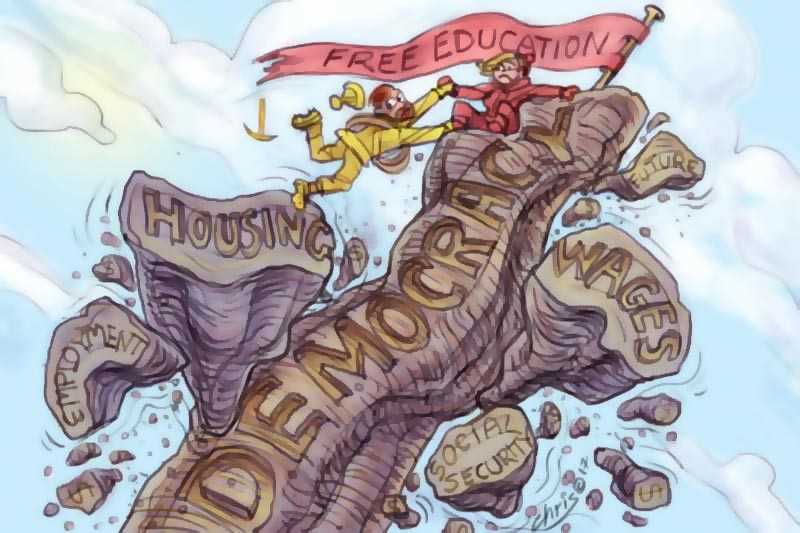
EDUCATION
- Osmond Chiu
- 10 November 2017
7 Comments
Dissatisfaction and concern about falling living standards for future generations is leading to longstanding policy assumptions being rethought. Nothing symbolises this more than tertiary education. Across the world, a decades-long trend towards user-paysis now being reversed. It is time for Australia to follow suit.
READ MORE 
-
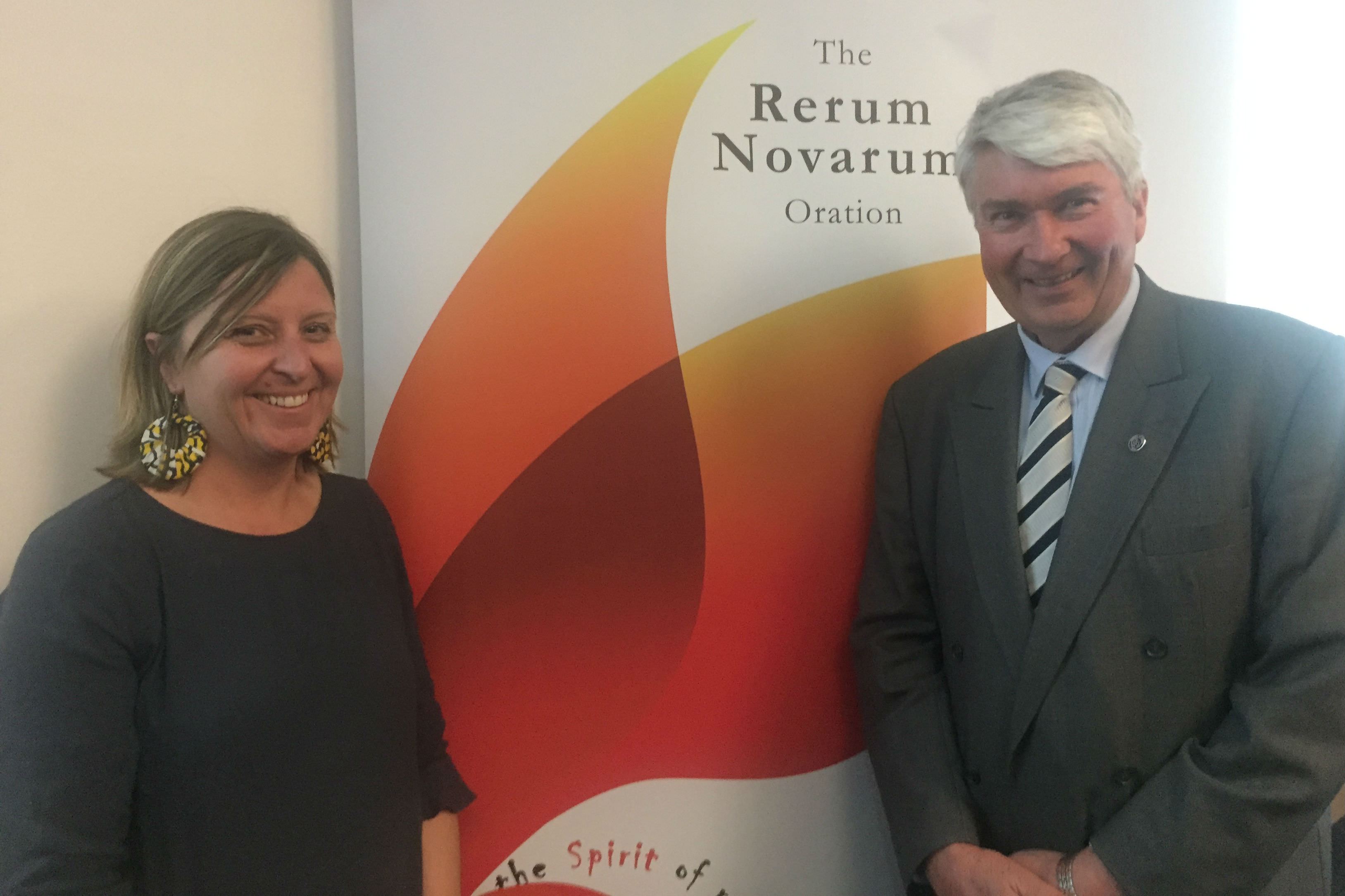
RELIGION
- Frank Brennan
- 08 November 2017
'We need to recommit to work for all those who are able and willing. We need to recommit to social assistance for all those who are not able. We need to ensure that a life of frugal dignity is within the grasp of all citizens.' 2017 Rerum Novarum Oration by Fr Frank Brennan SJ
READ MORE
-
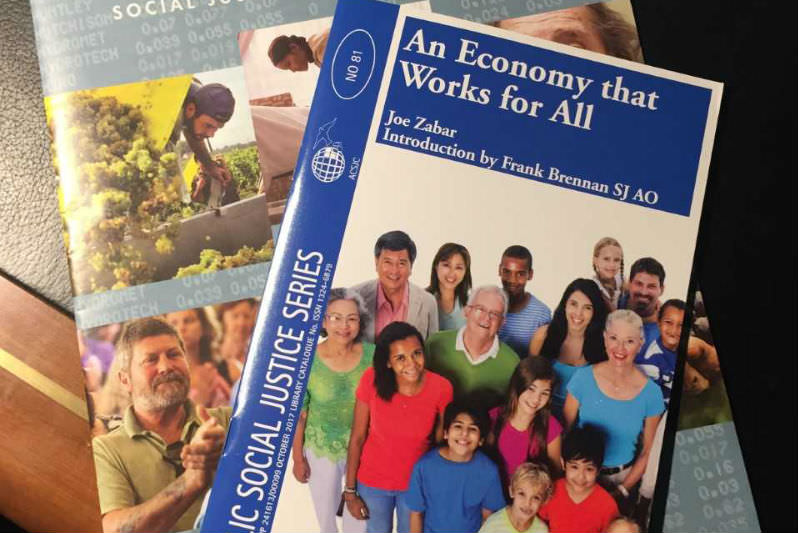
ECONOMICS
- Frank Brennan
- 18 October 2017
10 Comments
The promise of riches from the trickle-down effect is at best patchy for many Australians, and non-existent for others. Continuing with the same economic and social policy settings will exacerbate the already growing divide between the rich and the poor and eventually damage the economy to such an extent that it has a detrimental effect on everyone.
READ MORE 
-
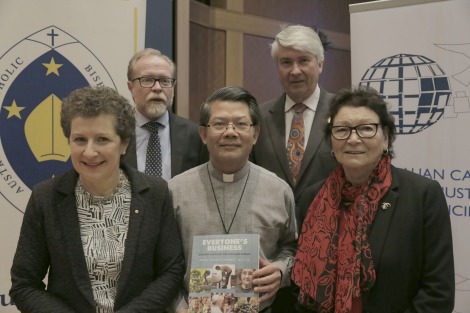
RELIGION
- Frank Brennan
- 11 September 2017
2 Comments
The real call of Everyone's Business is to move beyond them and us to admitting that there is only us. If we are truly to build an inclusive and sustainable economy, it can't be just those in full time paid employment who are part of that economy. We take seriously the principles of neo-liberalism, letting the market decide. But we set limits on the market for the common good.
READ MORE
-

RELIGION
- Andrew Hamilton
- 06 September 2017
11 Comments
The general argument of the Australian Catholic Social Justice Statement on the economy is that Australia is a wealthy economy in which too many people are marginalised. In response to the litany of neglect and abuse that it details, the statement calls for a new view of the economy as the servant of people, and not vice versa.
READ MORE 
-
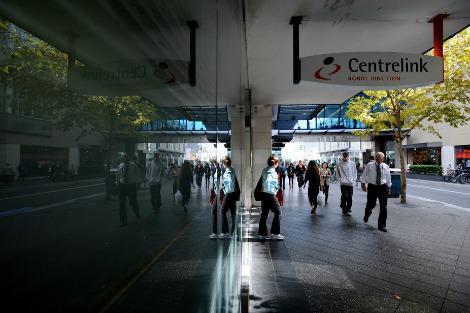
AUSTRALIA
It would be nice to believe, as the Treasurer wants us to, that better times are around the corner. But while wages stagnate and company profits surge, inequality is at its highest since the 1950s. This is not going to get any better any time soon. By 2019, the highest income earners will have received an effective tax cut of 1.5 per cent compared to all other taxpayers who will be paying an extra 0.5 per cent. For young people especially, Budget 2017 boosts inequality instead of building a better future.
READ MORE 
-
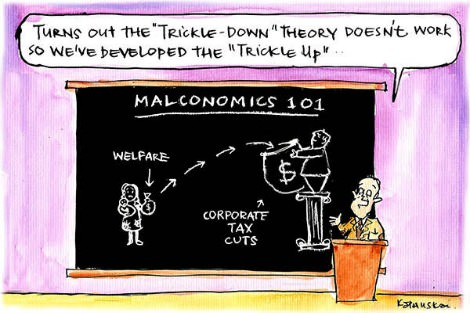
AUSTRALIA
- Frank Brennan
- 10 April 2017
16 Comments
In an age of 'budget repair', social policy risks becoming just a sidebar to economic policy which is a contest of ideas about how best to grow the size of the pie thereby providing a slice for 'the deserving poor' without having to redistribute too much of the pie, while 'the undeserving poor' drop off the edge as they would have anyway. For those of us schooled in Catholic social teaching, the so-called 'undeserving poor' are the litmus test of our commitment to the human dignity of all persons.
READ MORE 
-
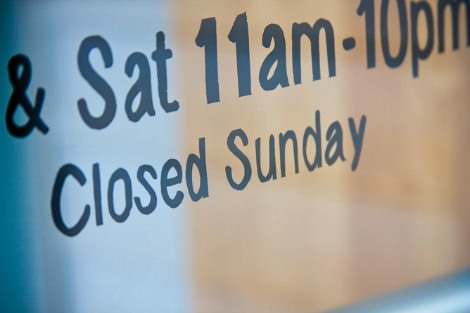
ECONOMICS
- David James
- 07 March 2017
17 Comments
Witnessing the debate over Sunday penalty rates, an intriguing pattern of thinking emerged. It can be characterised as a microcosm/macrocosm duality. Those arguing for lower Sunday wage rates demonstrate their case by talking about individual businesses, the micro approach: 'Many businesses would love to open on a Sunday and if wage rates were lower, they would. Unleash those businesses and greater employment will follow.' Superficially impressive, this does not survive much scrutiny.
READ MORE 
-
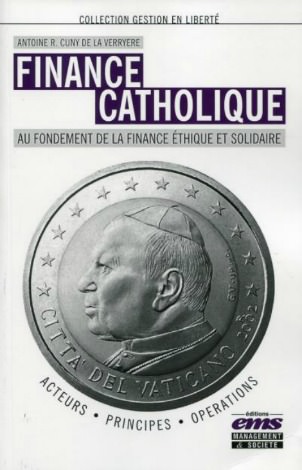
AUSTRALIA
- Michael Walker
- 20 February 2017
20 Comments
The presidency of Donald Trump should bring a renewed focus on the dangers of unbridled capitalism. The Catholic Church has a rich trove of teachings on the subject that have been missing in action for the past 30 years. Now is the time for a well-articulated Christian message addressing such issues as widening wealth inequality fuelled by stagnant wage growth, the privatisation of public services, the financialisation of the economy (which fuels both of those trends), and tax justice.
READ MORE 